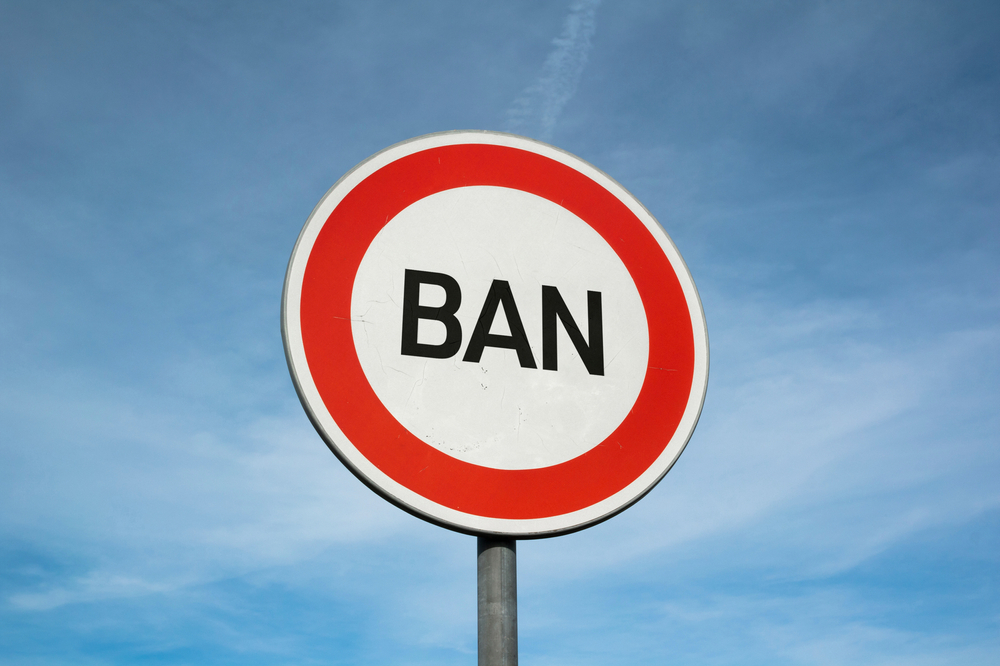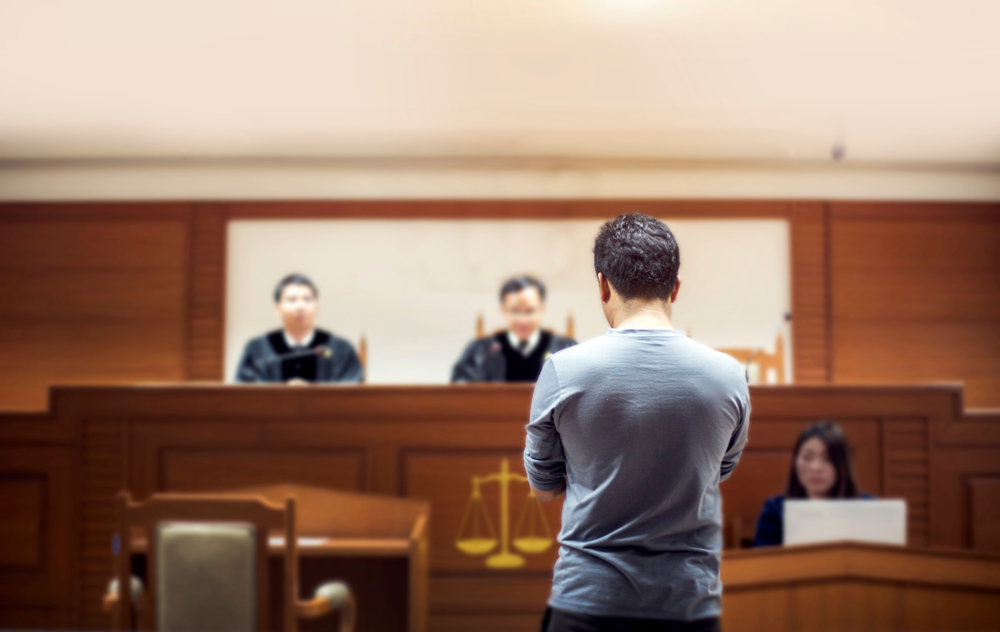During an arraignment in Kansas, several key events typically occur…
- Reading of Charges – The defendant is formally informed of the charges against them. This includes detailing the specific offenses they are accused of committing.
- Advisement of Rights – The judge advises the defendant of their constitutional rights, including the right to remain silent, the right to an attorney, and the right to a trial by jury. The judge ensures that the defendant understands these rights.
- Entry of Plea – The defendant is asked to enter a plea to the charges. The typical pleas are guilty, the defendant admits to the charges and accepts responsibility for the alleged offenses. Not Guilty, the defendant denies the charges and maintains their innocence, requiring the case to proceed to further proceedings, such as a trial. Nolo Contendere (No Contest): The defendant neither admits nor denies the charges but accepts punishment as though they were guilty. This plea has similar legal consequences to a guilty plea.
- Setting of Bail or Bond – If the defendant is in custody, the judge may address bail or bond issues. Bail is a financial guarantee that the defendant will appear for future court dates. The judge may set bail conditions or release the defendant on their recognizance, depending on the circumstances of the case.
- Scheduling of Future Proceedings – If the defendant pleads not guilty, the judge may schedule further proceedings, such as pretrial conferences, motions hearings, or trial dates.
- Appointment of Counsel – If the defendant cannot afford an attorney, the judge may appoint a public defender or other legal counsel to represent them in the case.
- Waiver of Rights – Defendants may waive certain rights, such as the right to a speedy trial or the right to a preliminary hearing. The judge ensures that any waivers are made knowingly and voluntarily.
The arraignment is a critical stage in the criminal justice process where the defendant’s formal entry into the case occurs, and important procedural and substantive decisions are made.





